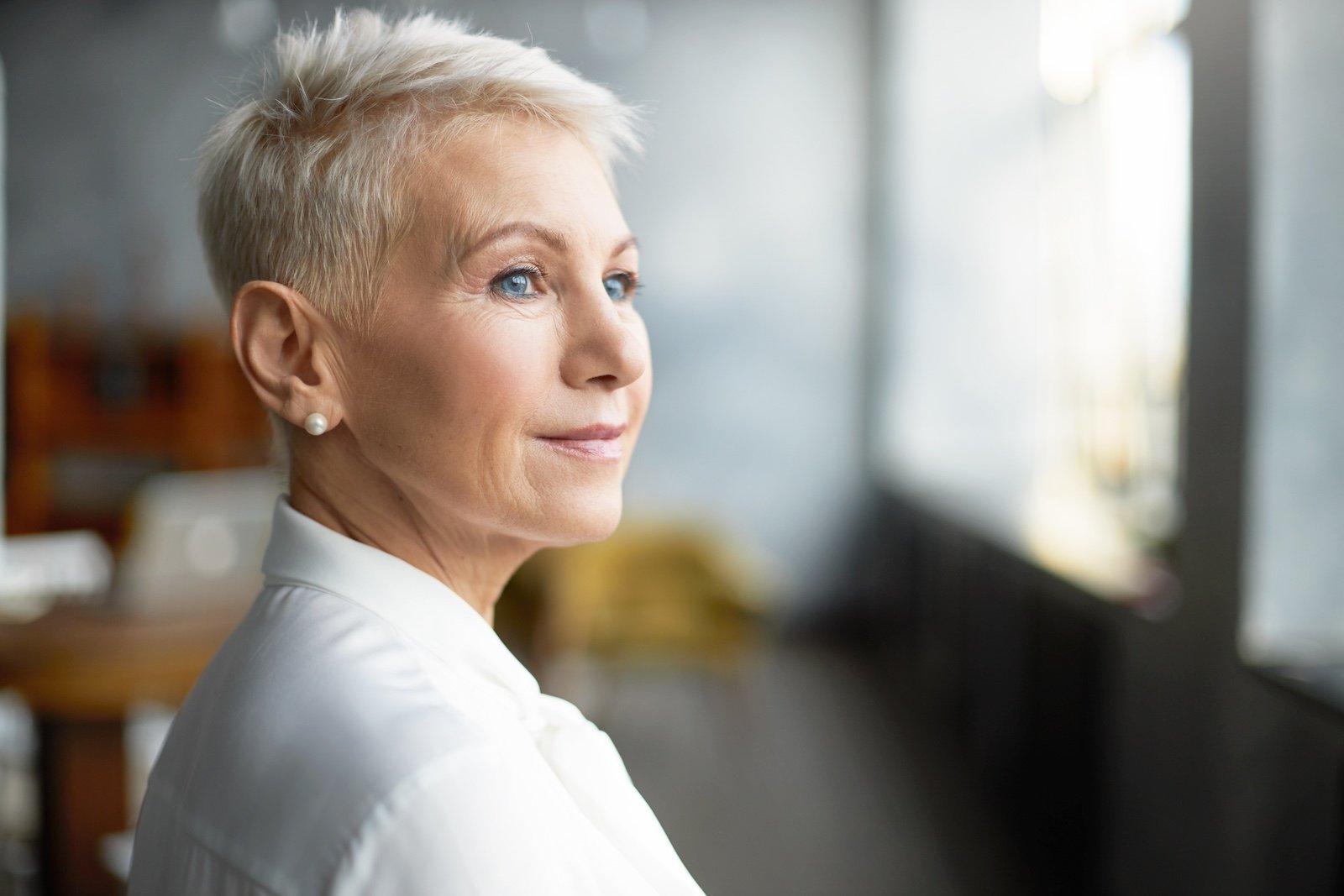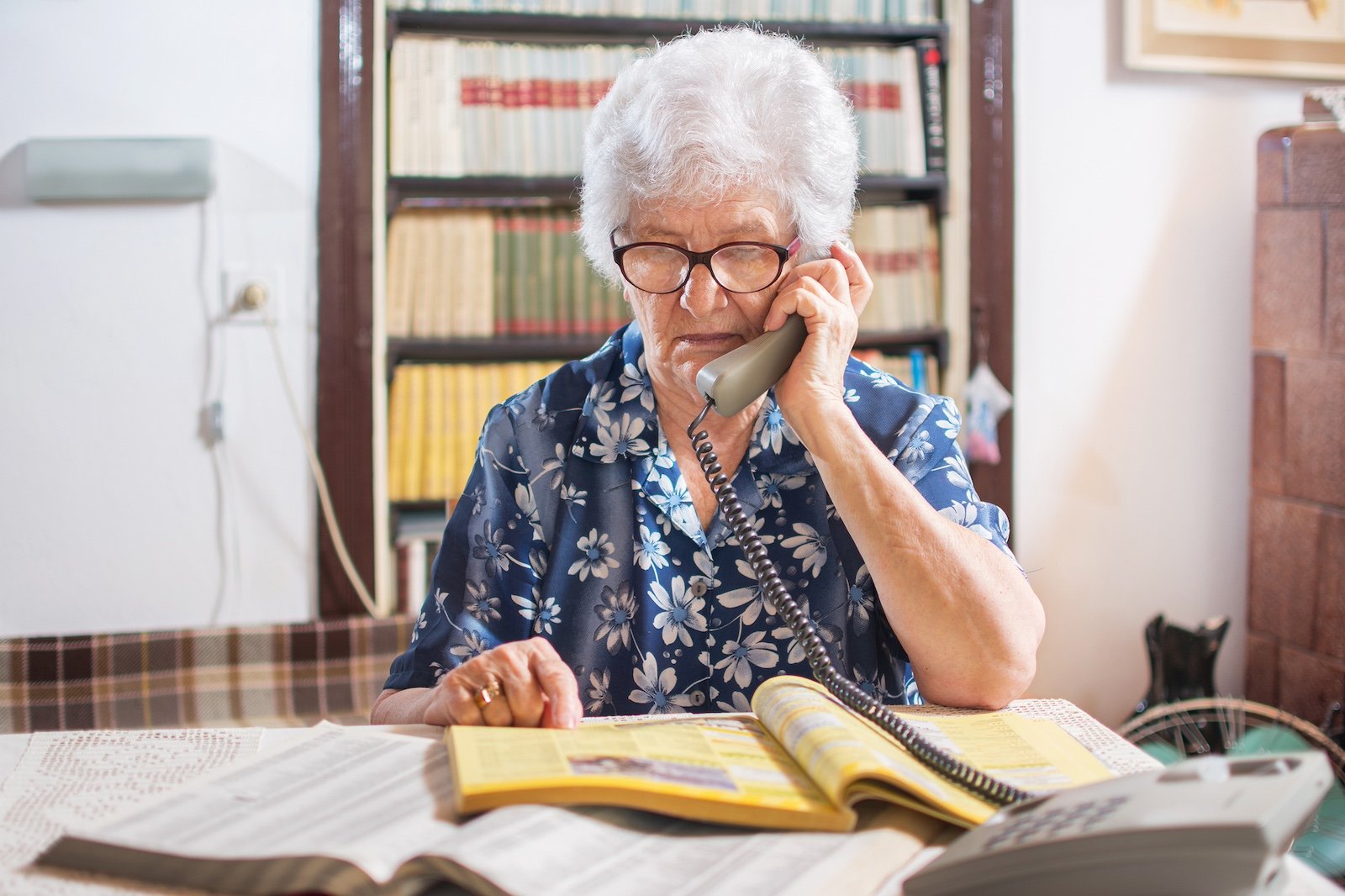For generations, societal expectations dictated a specific path for women: marriage, children, and a life centered around family. But a recent shift is undeniable – older women are increasingly choosing singlehood, and it’s not because they’ve given up on love.
This trend raises interesting questions about societal norms, individual desires, and the evolving perception of aging.
Here, in this article, we’ll explore several reasons why older women are increasingly choosing to be alone.
Embracing Independence

One of the most empowering reasons older women choose to be alone is the idea of independence. After years, perhaps decades, of prioritizing the needs of others—be it as mothers, partners, or caretakers—many find that solitude offers a rare opportunity for self-focus.
Independence isn’t just about living alone; it’s about making entirely one’s own decisions, from financial choices to daily routines. This newfound autonomy can be exhilarating, offering a sense of control and self-determination that may have been compromised in earlier life stages.
Liberation from Societal Expectations

As society evolves, so do the expectations placed upon individuals, particularly women. Older women today are challenging the traditional narrative that equates a successful life with marriage and companionship.
This generation may have witnessed their mothers and grandmothers adhering to rigid societal norms that did not necessarily lead to personal fulfillment. By choosing to stay alone, older women are setting a new precedent and liberating themselves from the societal expectation to conform to outdated marital roles.
Prioritizing Personal Growth

The later years can be a prime time for personal development and introspection. Many older women invest their time in activities that promote personal growth, such as education, hobbies, or spiritual pursuits.
These activities often require a more feasible commitment in a solitary setting, where one can delve deep into interests without the distractions or obligations that come with maintaining a relationship. For many, this time is crucial for self-discovery and intellectual enrichment.
Financial Independence

Financial independence is a significant motivator for older women choosing to live alone. In the past, women often relied on their spouses for financial security.
Today, more women are in control of their finances, having had careers and opportunities to save and invest. Living alone allows them to manage their money on their terms, without the need to compromise or consult with a partner. This financial autonomy is not only empowering but also essential in ensuring they can cater to their needs as they age.
Changing Relationship Dynamics

The dynamics of relationships change as people age. Priorities shift, and the qualities one might have sought in a partner in earlier years may no longer be relevant. Moreover, older women often desire more profound, meaningful connections that are not solely found in romantic relationships.
Friendships and community relationships can provide the emotional and social fulfillment that companionships have offered in the past. For some, navigating romantic relationships is less appealing than nurturing other types of social connections.
Health and Wellness

Health considerations can also influence the decision to remain solo. Managing health issues or disabilities can be more straightforward when one is not responsible for or adjusting to the needs of a partner. Additionally, living alone allows individuals to design their living space and lifestyle around their health needs, including diet, exercise, and medical care, without accommodating another person.
Peace in Life

Let’s not underestimate the simple desire for peace. After decades of living with partners or family, the quiet that comes with living alone can be profoundly peaceful. This stillness allows for activities like reading, meditation, gardening, or even enjoying a serene morning cup of coffee in silence—luxuries that might have been rare in earlier, more hectic stages of life.
Avoiding the Complexities of Late-Life Relationships

Entering or maintaining a relationship later in life can introduce complexities that some prefer to avoid. Issues like blended families, caregiving for ailing partners, or financial entanglements can complicate one’s golden years. The choice to remain alone is sometimes a choice to maintain simplicity and stability in one’s life.
Rediscovery of Self

Many older women find solitude the perfect environment to reconnect with themselves. This period of life often marks a transition from constant caregiving to focusing on one’s needs and desires.
Being alone allows for introspection and self-reflection, enabling women to explore parts of their identity that they may have neglected or set aside during busier times. This rediscovery can be incredibly fulfilling, leading to a more prosperous, more contented existence.
Flexibility and Spontaneity

Living alone offers unmatched flexibility and spontaneity in daily life. Older women relish the ability to make spontaneous decisions—from last-minute trips to impromptu social gatherings—without coordinating with a partner. This freedom can significantly enhance their quality of life, allowing them to live more dynamically and seize opportunities requiring negotiation or compromise in a shared living situation.
Technology as a Companion

Advancements in technology have also played a crucial role in why some older women prefer to live alone. With the rise of digital communication tools, social media, and smart home technologies, women can stay connected with family and friends, manage their homes, and engage with communities and interests online, all without leaving their comfort zone. This digital companionship offers the benefits of social interaction and support while maintaining the comforts and independence of living alone.
Children Have Grown

With children grown and independent, many older women find themselves at a crossroads, re-evaluating their personal space and priorities. This “empty nest” period allows them to rediscover and realign their life without the daily demands of active parenting. Living alone can make this transition smoother, helping them to embrace their newfound freedom and redefine their identity beyond motherhood.
Travel and Adventure

Later life often brings opportunities for travel and adventure that were postponed during earlier, busier years. For older women living alone, this is a chance to explore the world on their terms—without the need to compromise on destinations or itineraries. Travel can enrich their lives with new experiences, insights, and connections, reinvigorating their sense of adventure and personal growth.


